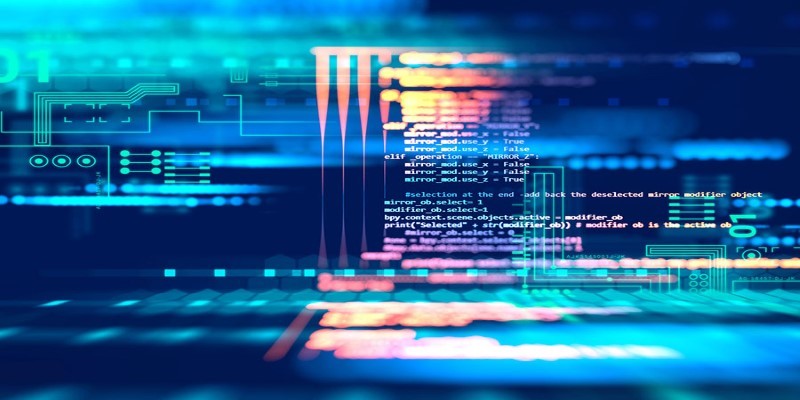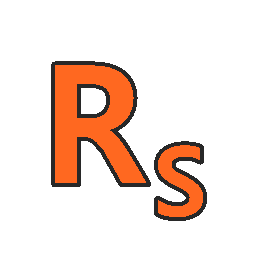
About Course
system programming is the activity of programming computer system software. The primary distinguishing characteristic of systems programming, when compared to application programming, is that application programming aims to produce software that provides services to the user directly (e.g. word processor), whereas systems programming aims to produce software and software platforms that provide services to other software, are performance constrained, or both (e.g. operating systems, computational science applications, game engines, industrial automation, and software as a service application).
System Programming requires a great degree of hardware awareness. Its goal is to achieve efficient use of available resources, either because the software itself is performance critical or because even small efficiency improvements directly transform into significant savings of time or money.
Course Content
System Programming Basics
-
Lecture 1: Introduction
00:00 -
Lecture 2: Operating System Basics
00:00 -
Lecture 3: Machine Structure
00:00 -
Lecture 4: Machine Structure and Machine Language
00:00 -
Lecture 5: Assembly Language – Looping and No Looping
00:00 -
Lecture 6: Assembler – General Design
00:00 -
Lecture 7: Assembler – Data Structure and Pass (I & II) Algorithms
00:00 -
Lecture 8: Searching and Sorting
00:00 -
Lecture 9: Sorting and Time & Space Complexity
00:00 -
Lecture 10: Macroprocessor
00:00 -
Lecture 11: Loaders – Loading Schemes
00:00 -
Lecture 12: Dynamic linking and loading
00:00 -
Lecture 13: Introduction to Programming Language
00:00 -
Lecture 14: Programming Language
00:00 -
Lecture 15: Formal Systems
00:00 -
Lecture 16: Formal Systems
00:00 -
Lecture 17: Compiler
00:00 -
Lecture 18: Compiler
00:00 -
Lecture 19: Compiler
00:00 -
Lecture 20: Compiler
00:00 -
Lecture 21: Compiler
00:00 -
Lecture 22: Software Development
00:00
Student Ratings & Reviews

No Review Yet
